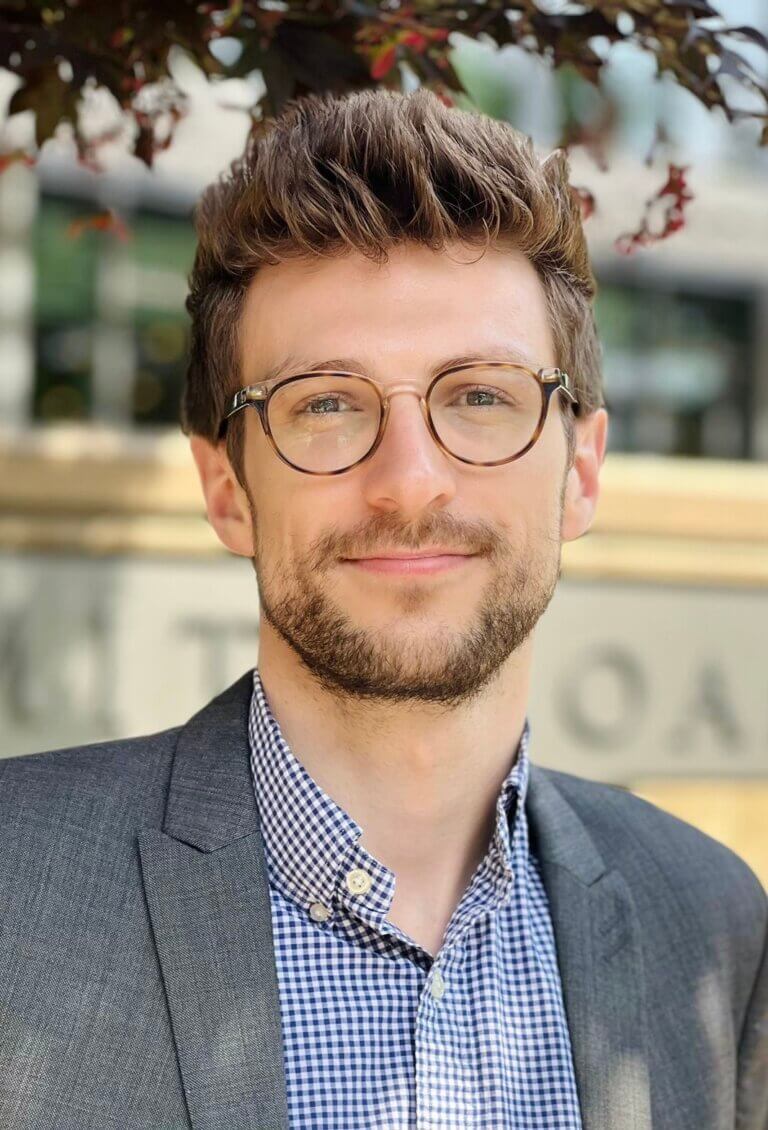Deivy Houeix
PhD, Economics

Deivy Houeix, an Economics doctoral student from Bretagne, France, investigates how digital technologies, by making information more accessible, can disrupt traditional practices in settings with weak contract enforcement and information frictions. “I’ve always valued environments that combine academic excellence with strong mentorship,” he says. “That’s exactly what I found at MIT.”
What attracted you to MIT?
Coming from a low-income family in rural France, where few pursued higher education, I’ve always valued environments that combine academic excellence with strong mentorship. That’s exactly what I found at MIT. On admission day, I was struck by how thoughtful and supportive the faculty were. I had followed the work of many MIT economists for years—reading their papers and books—so the opportunity to learn from them felt like a dream. MIT had long been my top choice, and it more than lived up to it.
Can you explain your research focus?
My research explores how technology reshapes firm behavior and economic relationships in lower-income countries. I study both the effects of digital tools on firm outcomes—such as productivity, contracts, and trust—and the factors that influence technology adoption.
I use large-scale field experiments, administrative and survey data, and economic theory, often in close collaboration with local partners and private firms. My work focuses on small informal businesses—such as taxis and retailers—and shows how digital technologies, by making information more accessible, can disrupt traditional practices in settings with weak contract enforcement and information frictions.
Why does your research matter to society?
My research aims to address some of the pressing economic challenges in West Africa—one of the world’s poorest regions—where rigorous evidence remains scarce despite rapid digital transformation. By partnering with the largest digital payments provider in Senegal early in my PhD, I helped design and test a new product aimed at overcoming key market failures. Findings from my main thesis paper led the company to refine its technology to better serve hesitant drivers, helping scale digital payments across the taxi sector.
In another project with fellow PhD student Edward Wiles, we study how small and informal firms overcome the challenges of finding trustworthy suppliers and enforcing contracts. We show that digital platforms can reduce these frictions by enabling “social commerce”—the use of social media to build trade relationships. Our interventions increased profits and sales and helped firms establish lasting connections beyond the study.
Together, these projects illustrate how carefully designed technologies—when tailored to local contexts and tested through rigorous research—can generate lasting economic gains in under-researched, high-need settings.
How did attending MIT influence your research?
MIT shaped my research in at least three key ways:
- It taught me that no idea is too ambitious, thanks to faculty who are rigorous, deeply engaged, and generous with their time.
- It offered a uniquely supportive peer environment—collaborative, smart, and always constructive.
- It provided the resources—from funding to logistical support—to move quickly from idea to implementation in the countries where I work.
What’s next after MIT?
I’ll be joining Columbia Business School (Economics Division) as an Assistant Professor in 2027, after completing the Postdoctoral Prize Fellowship at Harvard’s Center for History and Economics.
My goal is to deepen our understanding of how economic inefficiencies evolve in the rapidly changing digital landscape. I am driven by the challenge of gathering novel data and experimenting with newly developed innovations to test and refine some of our core theories, learn about these inefficiencies, and think about the design of effective tools that foster growth, particularly in regions with a pressing need for research. I believe that careful empirical work, informed by local knowledge and economic models, is essential for identifying solutions to the critical development challenges of our time.
